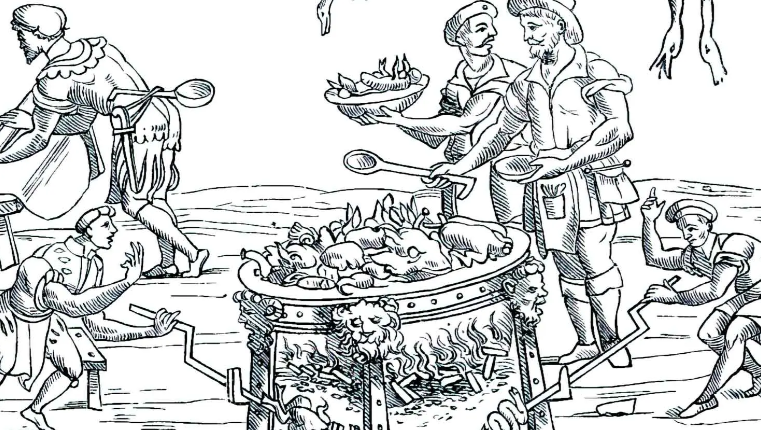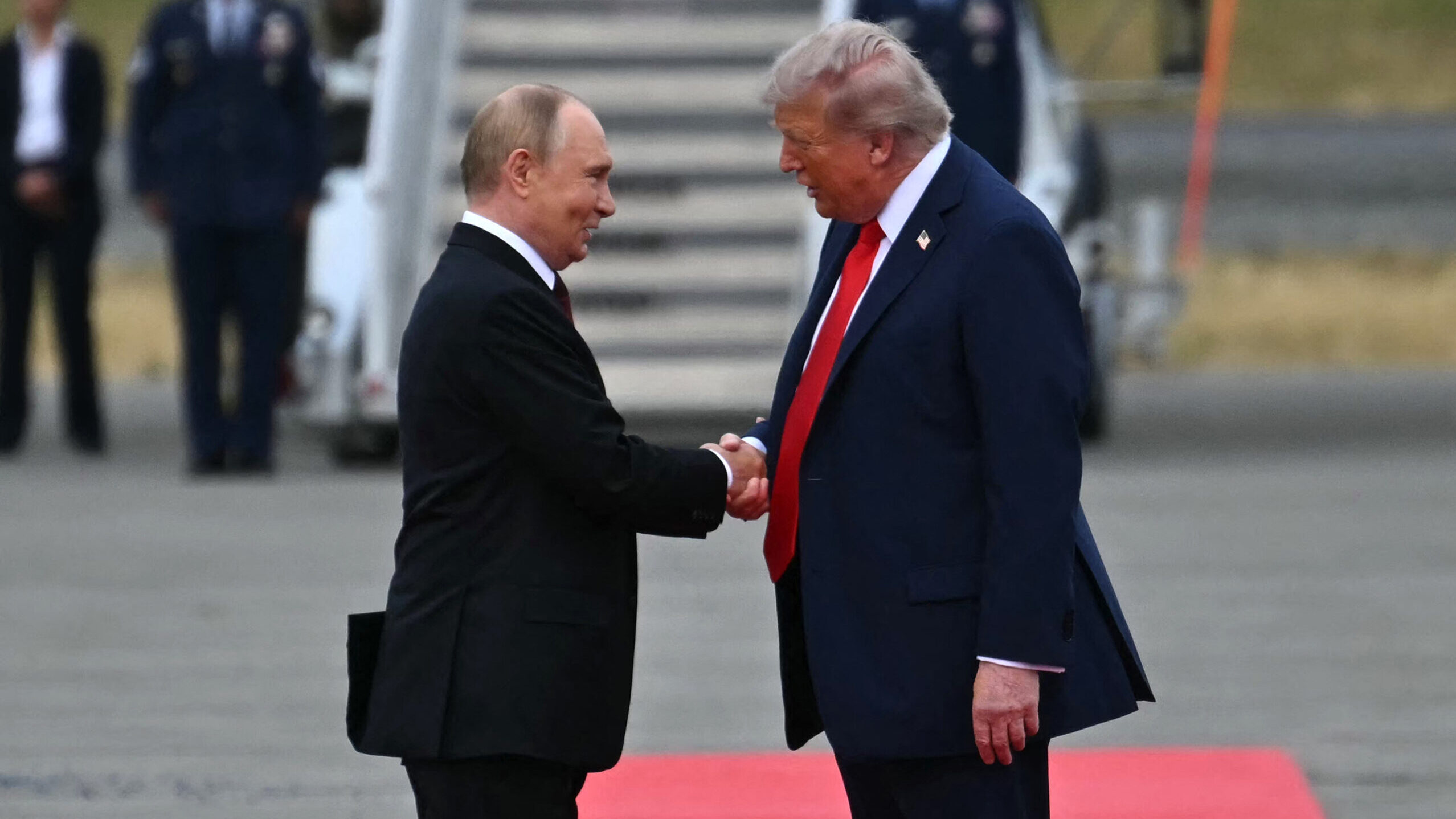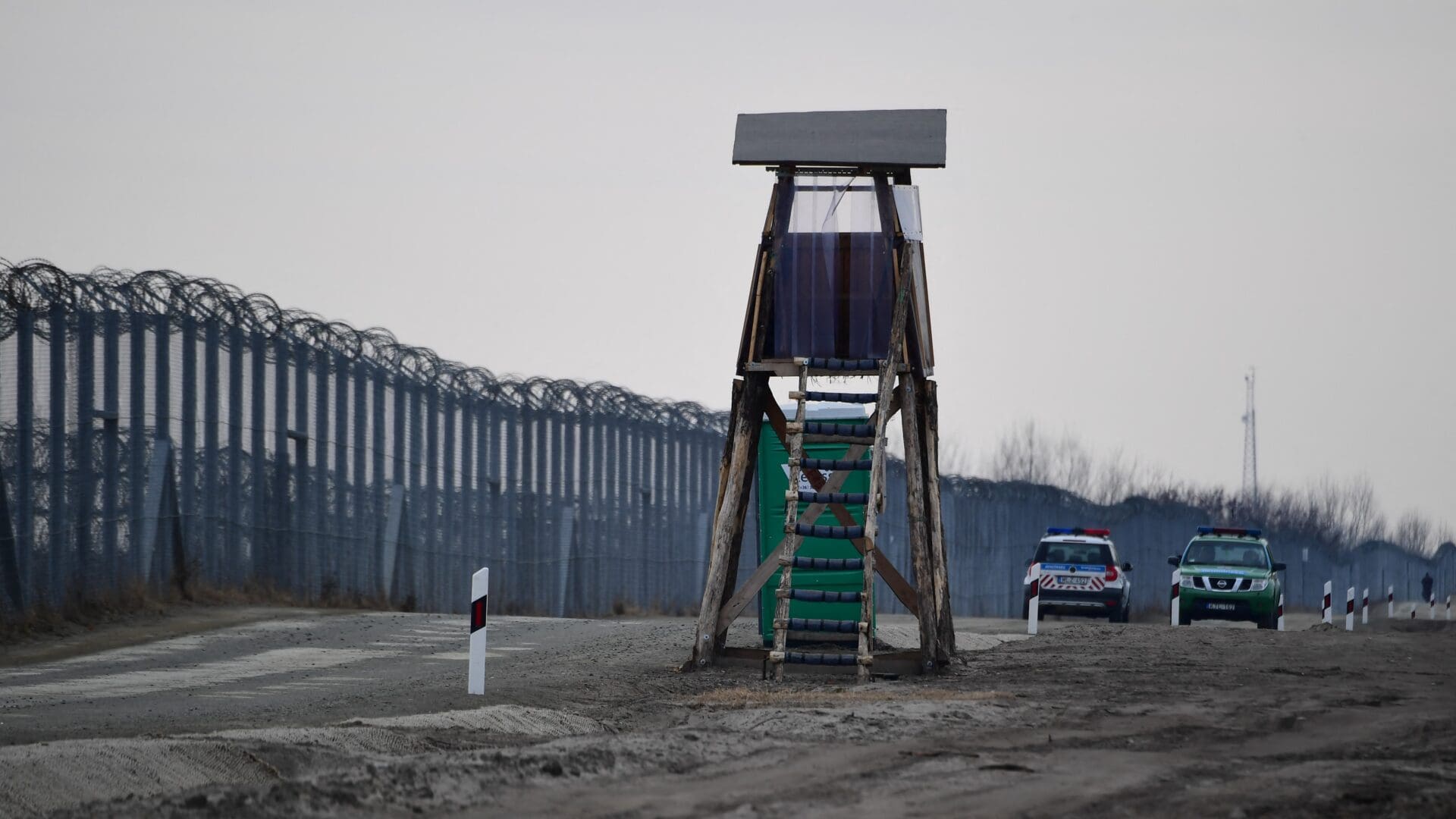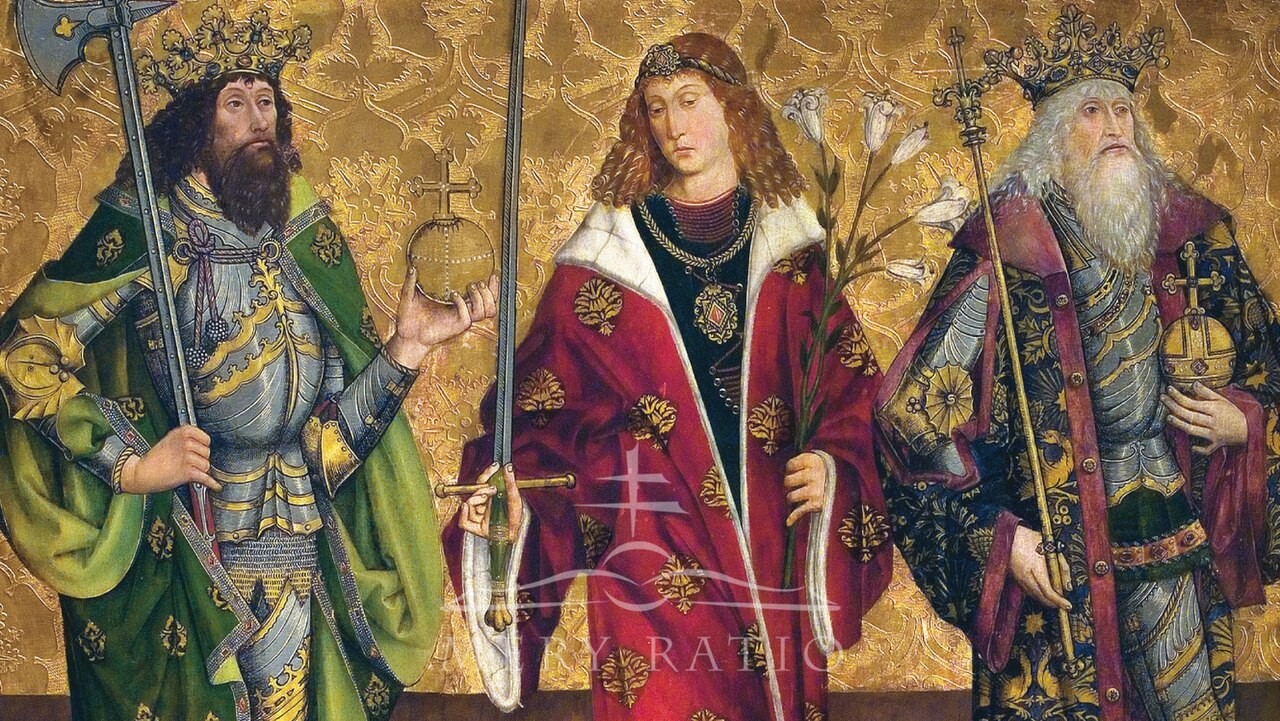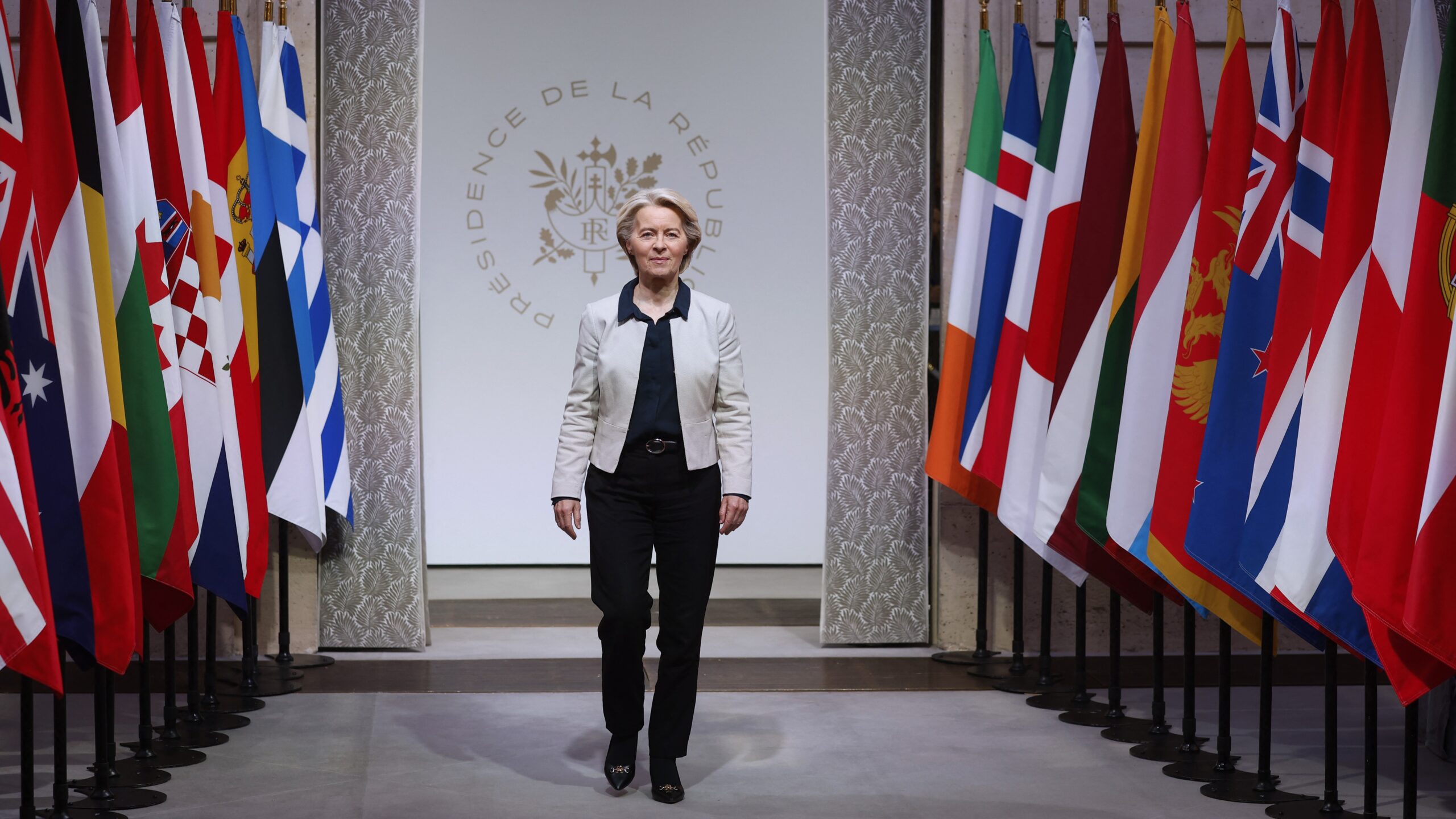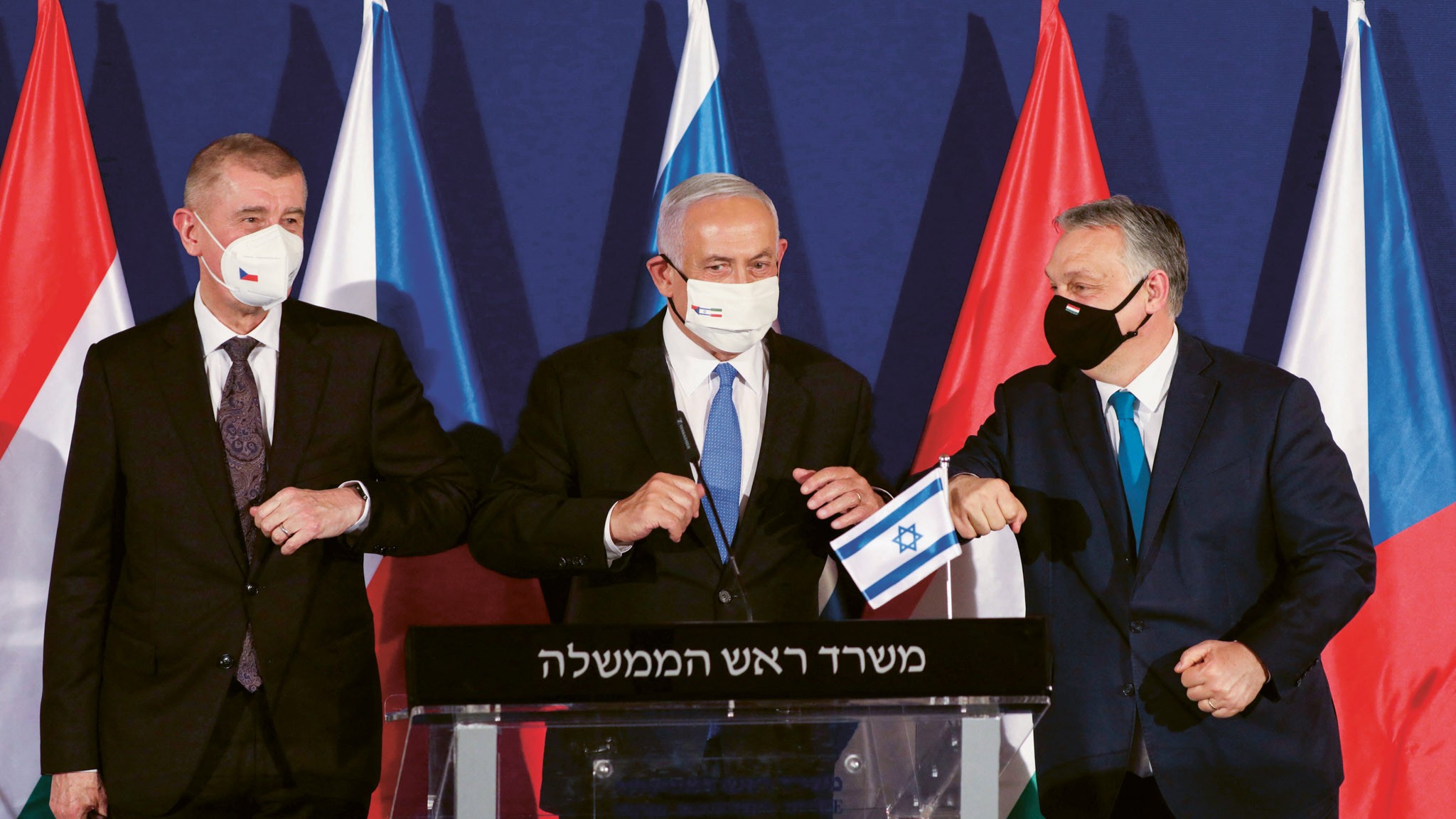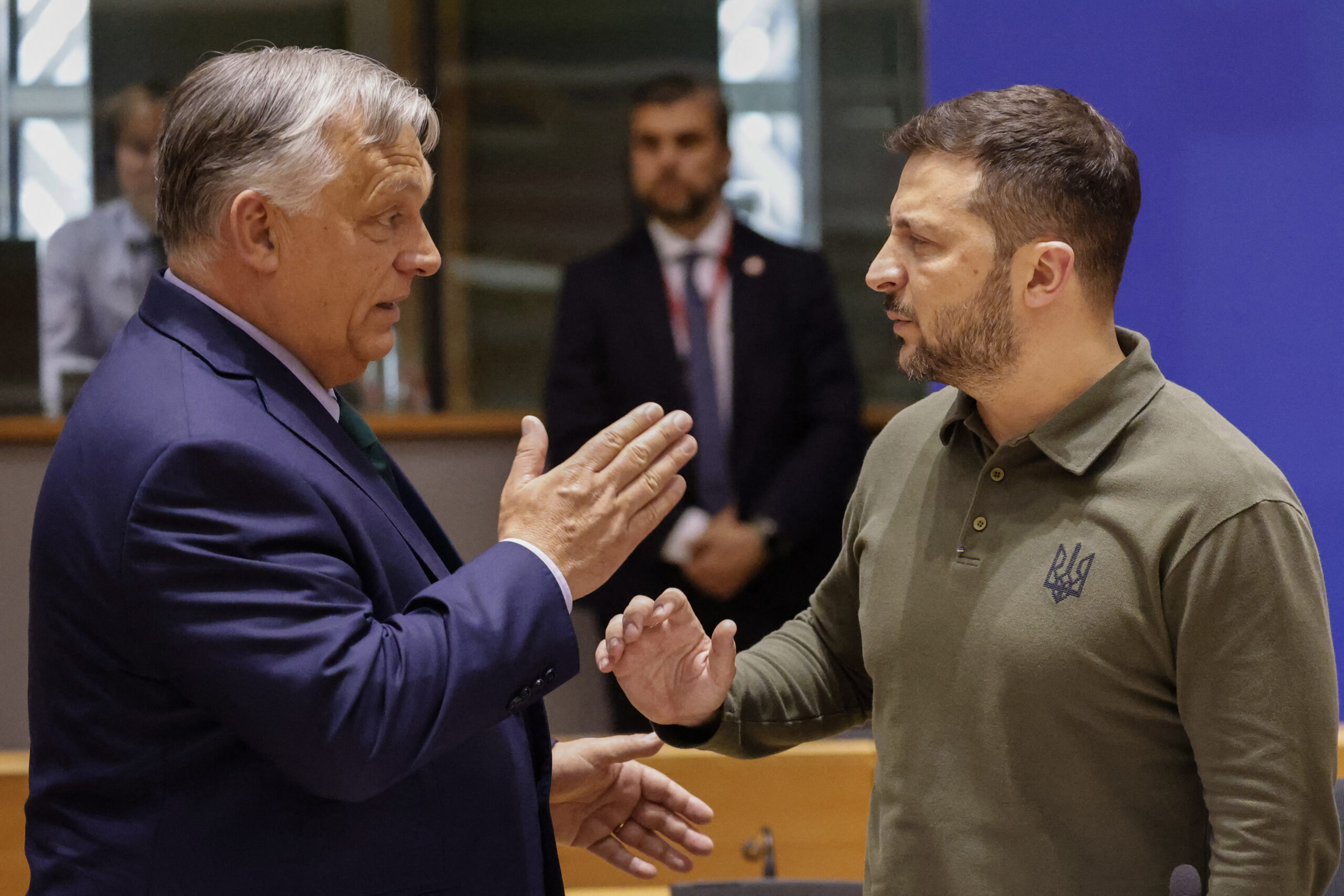
Orbán Accuses Ukraine of ‘Openly Interfering’ in Hungary’s Upcoming Election
Viktor Orbán has warned that Ukraine is trying to influence Hungary’s election by escalating attacks on his government over EU accession and war funding. After Zelenskyy said leaders like Orbán ‘deserve a smack’, FM Andrii Sybiha accused Budapest of serving Putin and likened Orbán to WWII-era far-right leader Ferenc Szálasi. Hungary says both Brussels and Kyiv are interfering in April’s vote.

